Great Minds Together discuss the process of adult autism diagnosis and societal judgment
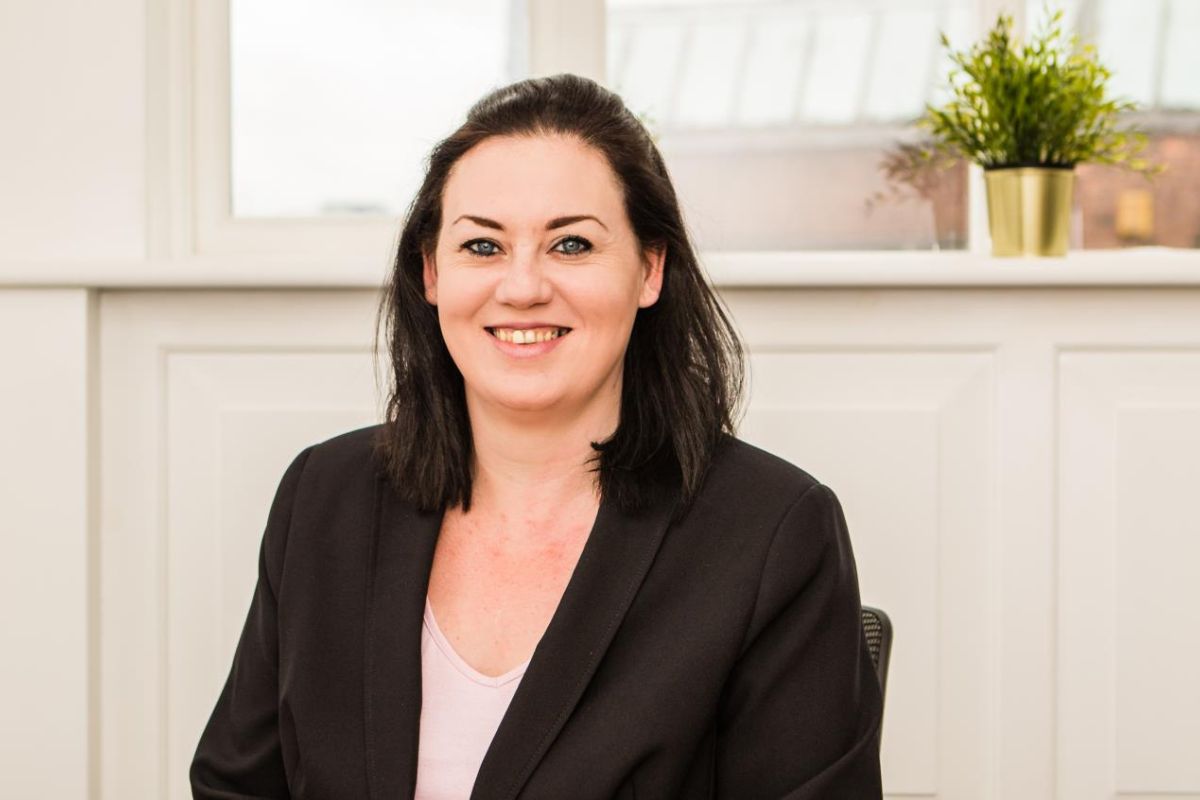
In the fourth podcast episode of the Behaviour Awareness series, Emma Mander welcomes Michelle Myers to discuss the effects of an adult autism diagnosis to help others who may feel worried or in fear of going through the process.
Michelle is the Lead for the North West’s first-ever regional hub for Autism, based at GMT’S HQ in Stockport, and shares her emotional experience.
Starting with the triggers that lead to an autism assessment, Michelle said:
‘’I’ve struggled most of my life with mental health, social anxiety and feeling like I didn’t fit in. I’ve always felt like there was something fundamentally wrong with me. I wanted to do so many things but when I struggled to do them, I always blamed myself.’’
‘’Ironically, I have worked with people with autism for over 10 years but could not relate my feelings to anything I was dealing with on day-to-day basis. It was only when we began the autism diagnosis process with my daughter. In high school, she had a lot of complex friendship issues which affected her mental health and was diagnosed with everything under the sun apart from autism. The penny dropped with me that I went through the same as her and I had internalised it for such a long time – I didn’t speak to anyone.’’
Michelle was diagnosed with autism at 41 and has spent her whole life masking who she really is. She has experienced first-hand the effects of stigmatisation, social isolation, and limited opportunities due to a lack of understanding surrounding autism.
She added:
‘’I’ve always had a fear of people thinking I am incompetent and when you are in an environment where you feel safe and not being judged you become much more self – confident.’’
‘’If autistic people can have their needs met and feel safe – then we can be who we want to be.’’
‘’I am human and I have the same feelings and emotions as everyone else but I have my own needs. As a society, it is ingrained in us to fit in and not make a fuss. But, we have to champion our differences and the more we listen to the brave people who can share their stories, the more awareness we can create.’’
Emma commented:
‘’At GMT we celebrate neurodivergence, many of our staff are people with lived experience but outside of this people can be very judgemental and there is still a stigma around autism, ADHD and SEND. In education, for example, the system is building more special schools, and this will work for some children but why are we trying to separate them? Where is the investment in social changes needed to remove the stigma and embrace people for who they are.’’
Michelle added:
‘’To make change takes self-reflection, something many people cannot do lightly. It’s about approaching things with an open mind. There is a perception around autistic people and what they look like – I look just like everybody else but have different ways of thinking and being. We need to talk more and be open about our differences. For me, it’s simply embracing people for who they are.’’
Great Minds Together (GMT) is a not-for-profit organisation that supports children and young people with special educational needs and social, emotional, and mental health needs as well as their families and the professional networks around them.
You can listen to the fourth podcast episode on adult autism diagnosis here


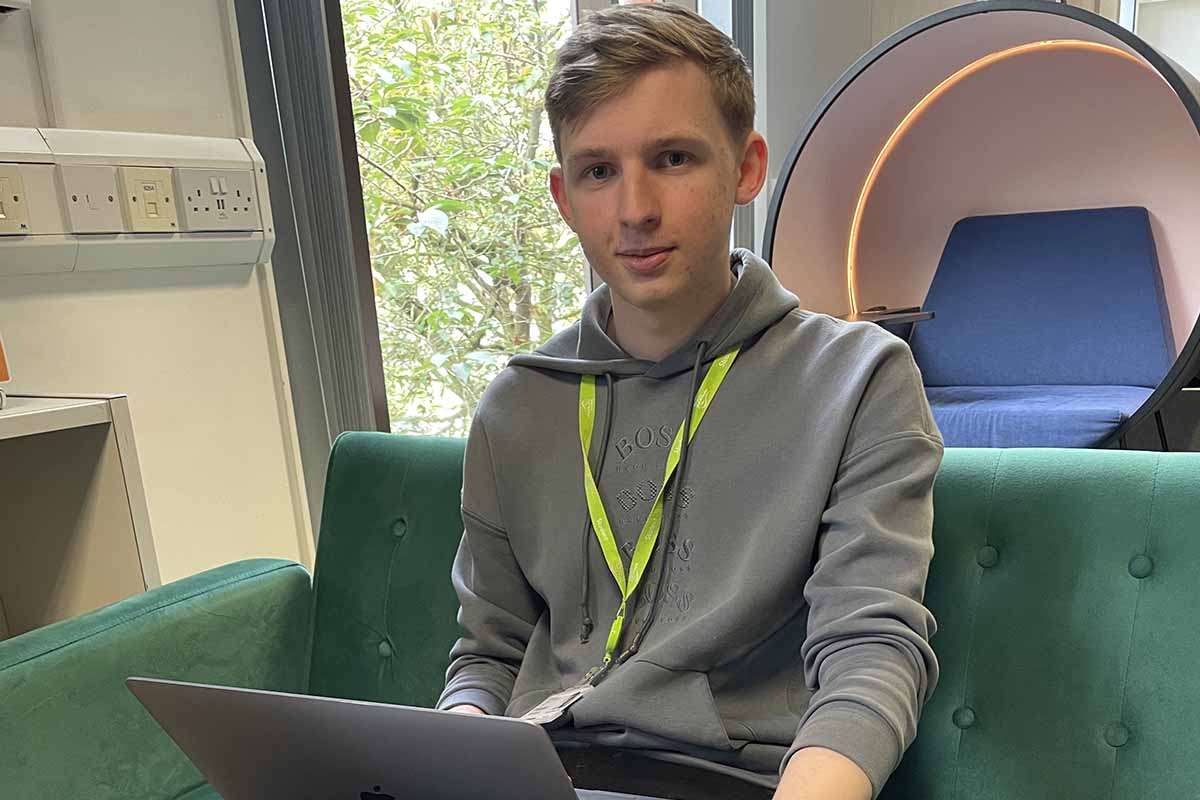
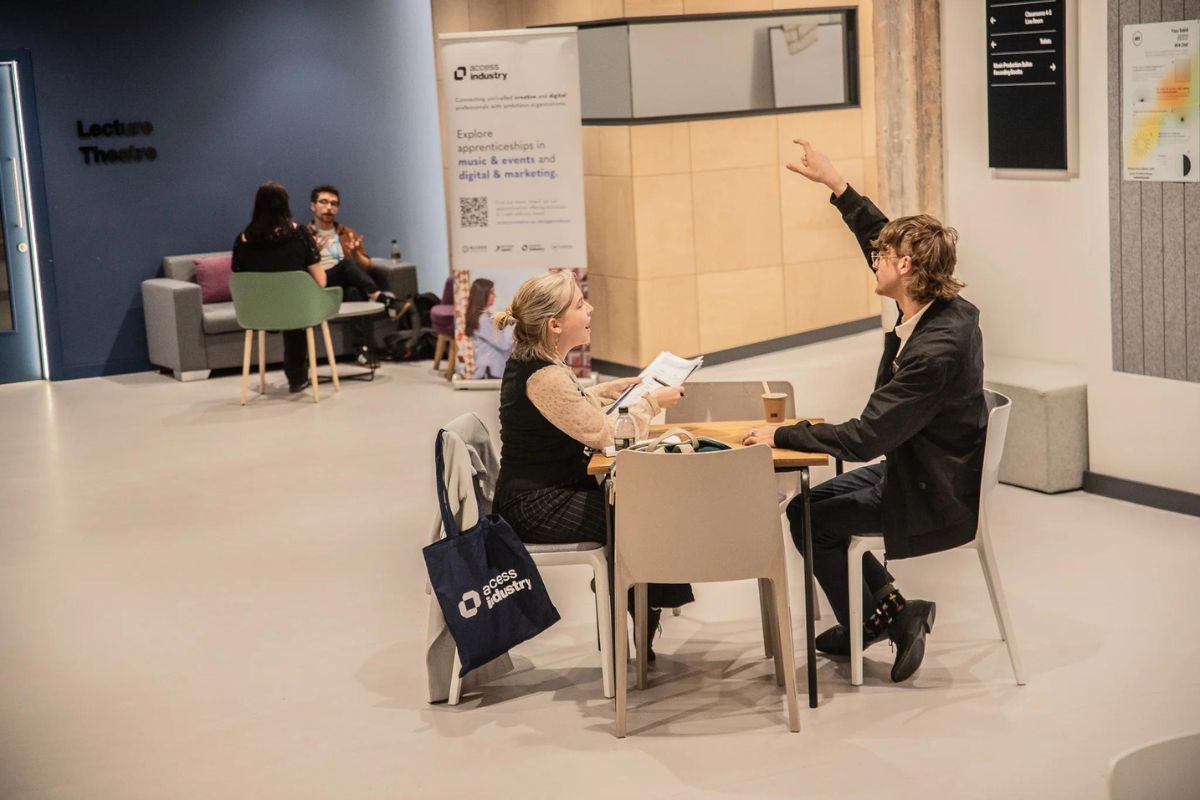




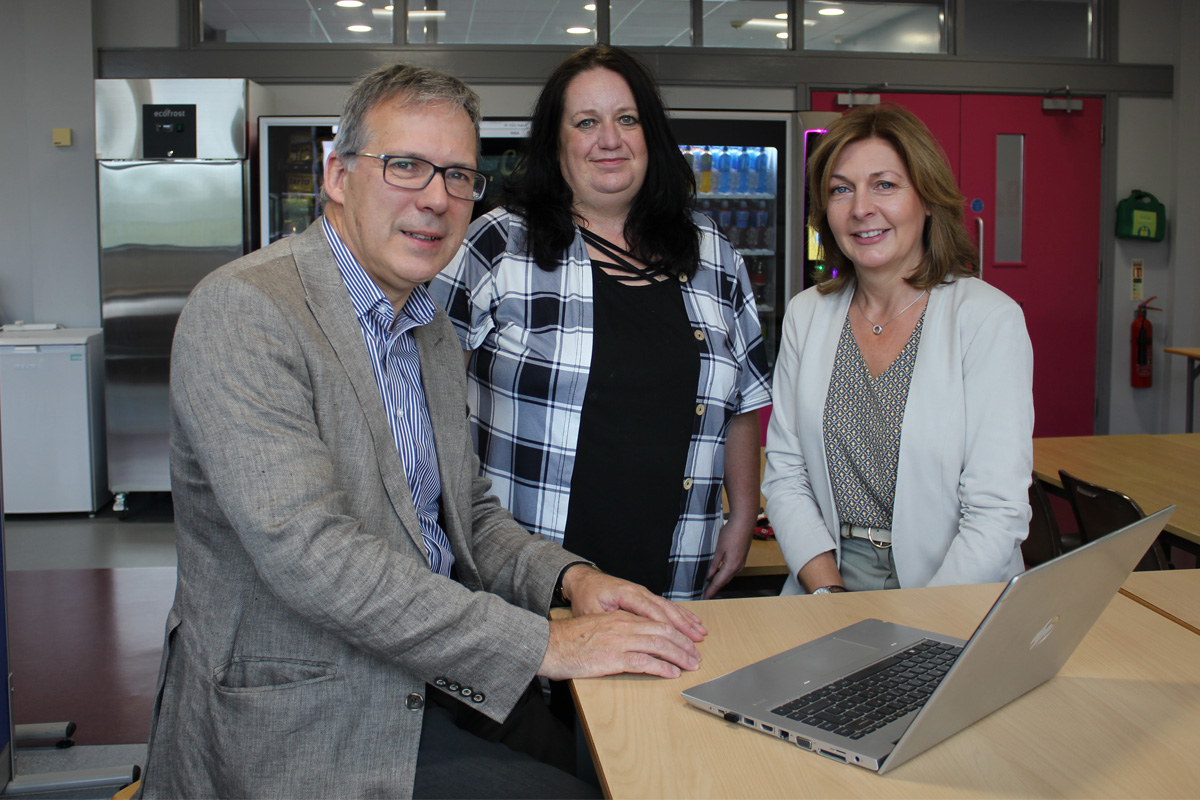

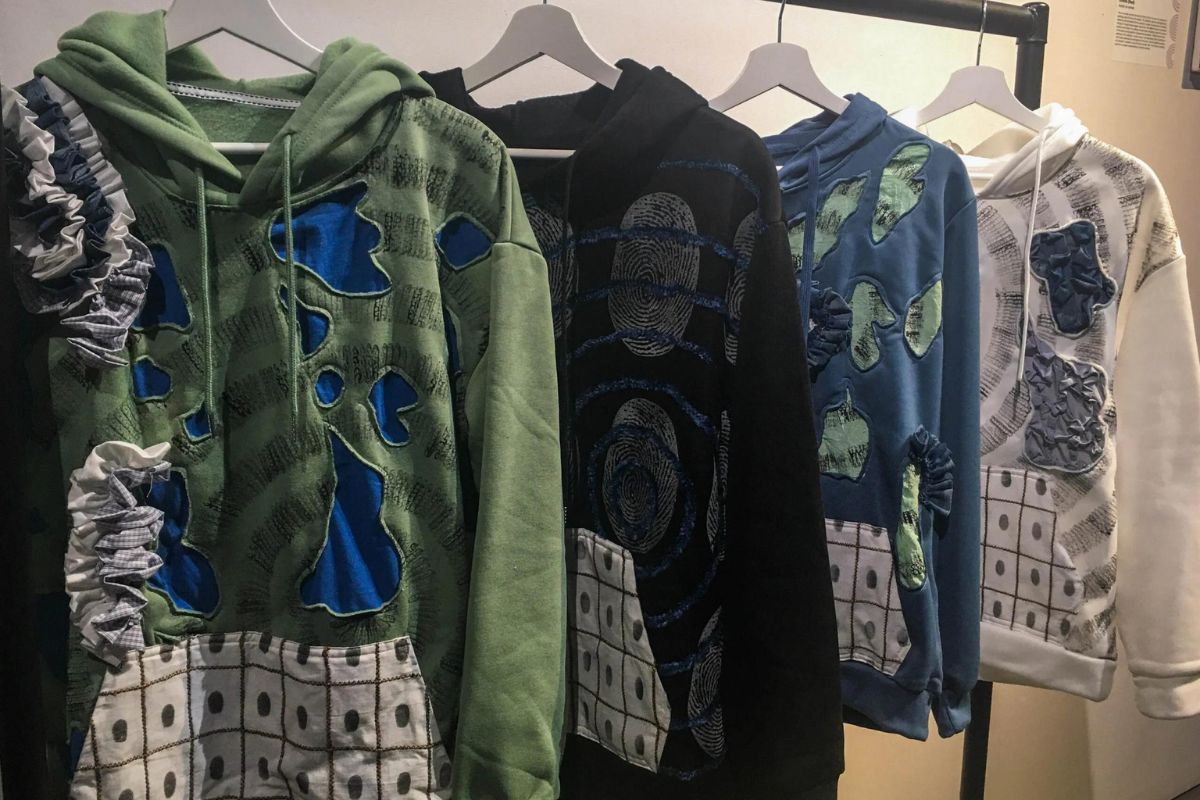
Responses